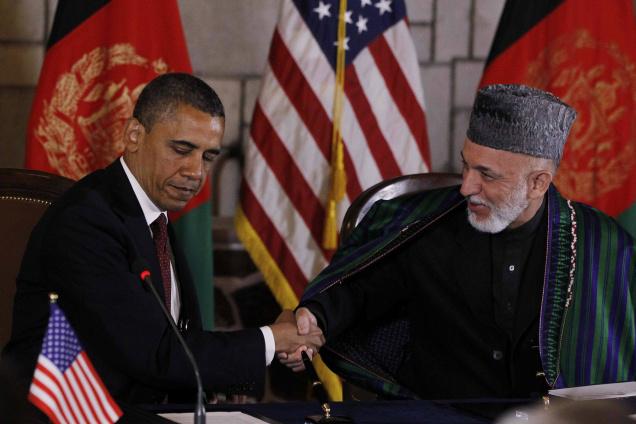Kuala Lumpur, Feb 25: The government party led by Interim Malaysian Prime Minister Mahathir Mohamad has rejected his resignation, urging him to continue leading it and the country, now shrouded in political uncertainty.
During an extraordinary meeting held on Monday night, the Malaysian United Indigenous Party (Bersatu) unanimously rejected the 94-year-old Prime Minister's decision, reports Efe news.
Mahathir, the world's oldest head of government, presented his resignation on Monday, later accepted by King Abdullah Pahang, on condition that he continue as Interim Prime Minister until a new government is formed.
That decision caused a domino effect that broke the Patakan Harapan (Alliance of Hope) alliance, formed in 2018 by four political parties that prevailed in that year's general elections.
Bersatu and 11 Popular Justice Party deputies announced their departure from the coalition, although they reaffirmed their confidence in Mahathir as Malaysia's political leader.
"We remain intact and prepared to build a party to face the difficulties," Marzuki Yahya, Bersatu Secretary-General, said after the meeting.
Confusion reigns in the country, with some local media claiming Bersatu and the 11 deputies Justice Party deputies intended to form a new government with opposition parties, including the historic Barisan Nasional coalition, under Mahathir's leadership.
Lim Guan Eng, Finance Minister and coalition member, said in a statement that the chief executive himself had informed him he had no intention of forming a coalition with Barisan, which suffered a historic defeat in the last elections.
A future government will need at least 112 of 222 parliament votes.
Mahathir returned to politics in 2018 heading the Patakan Harapan coalition to defeat his predecessor Najib Razak, marred by the corruption suspicions offenses.
To that end, Mahathir joined Anwar Ibrahim, a former political ally who fell out of favour in 1999 and was imprisoned five years on charges of corruption and sodomy, whom he promised to be his successor in power.






Comments
Add new comment